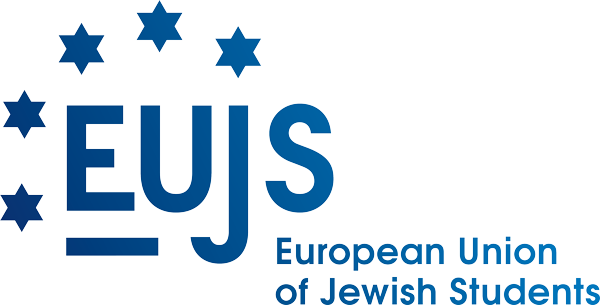The first in a series of Crisis Management seminars was held in Vienna in the new SACC (Security and Crisis Center by the European Jewish Congress), between the 18th and the 19 of September. For the first time, more than 70 Heads of Security and Presidents from local communities all across Europe, came together to learn how to deal with times of crisis.
In 2012, SACC started a program to improve crisis management in all Jewish communities. The goal was to convince European governments to pay for security and improve the relationship with legal enforcement agencies and police in each country. Three years later, in the summer of 2015, they decided to create an application communication system between community members and other Jewish communities. Together with the Israeli company “Octopus”, they created the JSA (Jewish Security App).In the near future, it will be distributed to all communities in Europe.
We reviewed the current threats on Jewish communities in Europe and specifically in Austria. “Radical and extreme ideas are not a surprise”, said Mag Peter Gridling – Director of BVT (Bundesamt für Verfassungsschutz und Terrorismusbekämpfung) about the situation in Austria. He indicated that in 2015 there was an increase of 40% in incidents of right wing extreme crimes than the previous year.
In addition, we learned best practices from the Turkish Jewish community, who are dealing with threats on a daily basis and more specifically on the terror attack that happened in Istanbul in March 2016. One of the most important lessons we have learned is that it is important create diverse crisis management teams and to practice them with real-life scenarios.
Prof. Shlomo Shapiro from Bar-Ilan University in Israel introduced us with his project SAFE COMMS, that monitors the media in times of crisis. He gave us important tips on how to handle the media. Yotam Dagan from NATAL (Israel’s Trauma Center for Victims of Terror and War), explained to us the psychological aspect of a crisis, and how to give first aid to trauma victims.
Further trainings will be held in the future to improve the communication between communities and to train them to handle with crisis. I want to thank SACC and EJC for inviting EUJS to participate in this important seminar.






















